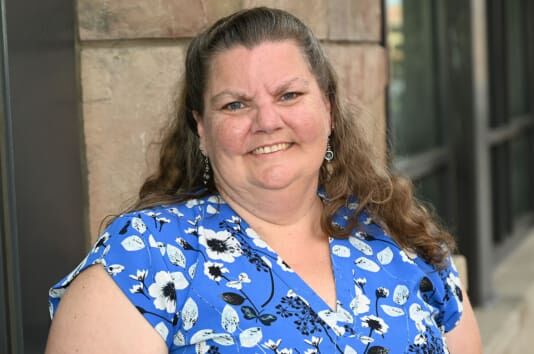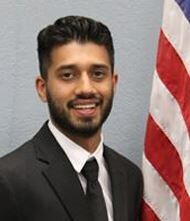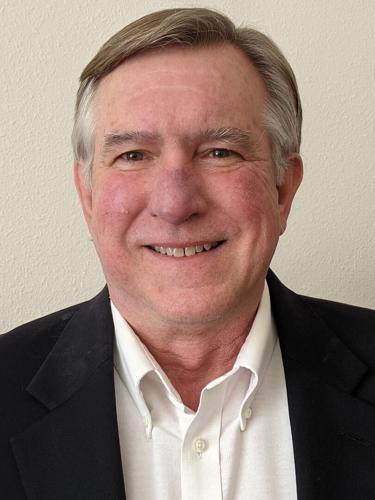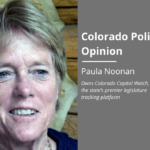Buck’s early exit sets up strange electoral situation in CD4 | SLOAN


We learned this week what we have known for months, but it is now official: Joe Biden and Donald Trump are the official nominees, again, for president of the United States. The news is received in rather the same manner in which one might accept confirmation from a doctor your test results indicate you need to give up wine, or from a mechanic the knock in your engine is, in fact, mechanically fatal – with the melancholy resignation that accompanies confirmation of something unpleasant you already knew, but is now official.
In any case, it is now official, and whatever that means for the next four years, it at least means a degree of clarity concerning the presidential race. At the same time that lucidity was attained, the state of the already-confused Colorado 4th Congressional District was made all the murkier.
Stay up to speed: Sign up for daily opinion in your inbox Monday-Friday
The incumbent, U.S. Rep. Ken Buck, announced his intention to not seek re-election months ago, opening up the safest Republican Congressional District in the state, and prompting a whole lot of people to see themselves fancying the title of “U.S. Representative.” It even prompted one who already held that title, U.S. Rep. Lauren Boebert, to jump ship and scurry across the state in search of safer electoral territory, facing as she was the distinct prospect of losing her 3rd CD seat to Democrat Adam Frisch. At last count there were nine Republicans running for the open seat, which made it entertaining enough.
Well now Buck has made the decision to resign the seat effective next Friday, March 22, and that creates a whole new level of confusion. A special election must now be held to fill out the final months of Buck’s term, at the same time as a primary election is being held to select someone to run for that position in November.
And those two elections will, indeed, be held at exactly the same time. Gov. Jared Polis needs, by law, to set a special election to occur between 85 and 100 days from when the vacancy commences. He picked 95 days, which just so happens to fall on June 25, the date of the primary election.
Now, there is certainly some logic and a degree of convenience to holding the election on the same day as the primary, but Gov. Polis also had a bit of a political incentive to do so, or at least to schedule it out closer to the 100-day mark. The current breakdown in Congress is 219 Republicans to 213 Democrats, with three vacancies. Next Friday that becomes 218-213-4. In a legislative chamber that requires 218 votes to pass anything, there is some profit for the minority party to keep the majority party one more man down for as long as possible.
It also makes things a mite bewildering for CD4 voters come June 25. They will be voting in an election for Congress in which there will be only a single nominee from each party, while at the same time voting for a nominee for their respective party to run for that very seat in November. Yep.
What this all does in the practical sense is to potentially force the issue for CD4 Republicans. Assuming whomever puts themselves in line for selection to run in the special election is among those who have thrown their hat in the ring for the primary, the successful candidate will in all likelihood become the presumptive nominee for the general. It is conceivable, of course, that one Republican can run for and (presumably) win the special election, and another can win the primary (on the same day), but the name recognition and earned media alone from becoming the special-election candidate will vouchsafe that individual de facto incumbency status. This fact ought to concentrate minds on agreeing upon who in the crowded primary field is the most viable conservative alternative to Ms. Boebert.
Did all of this factor into Buck’s decision to resign his seat early? One can only speculate, but his stated motives for declining to seek reelection are certainly noble, and encouraging consolidation in an important race is no less so.
Kelly Sloan is a political and public affairs consultant and a recovering journalist based in Denver.













